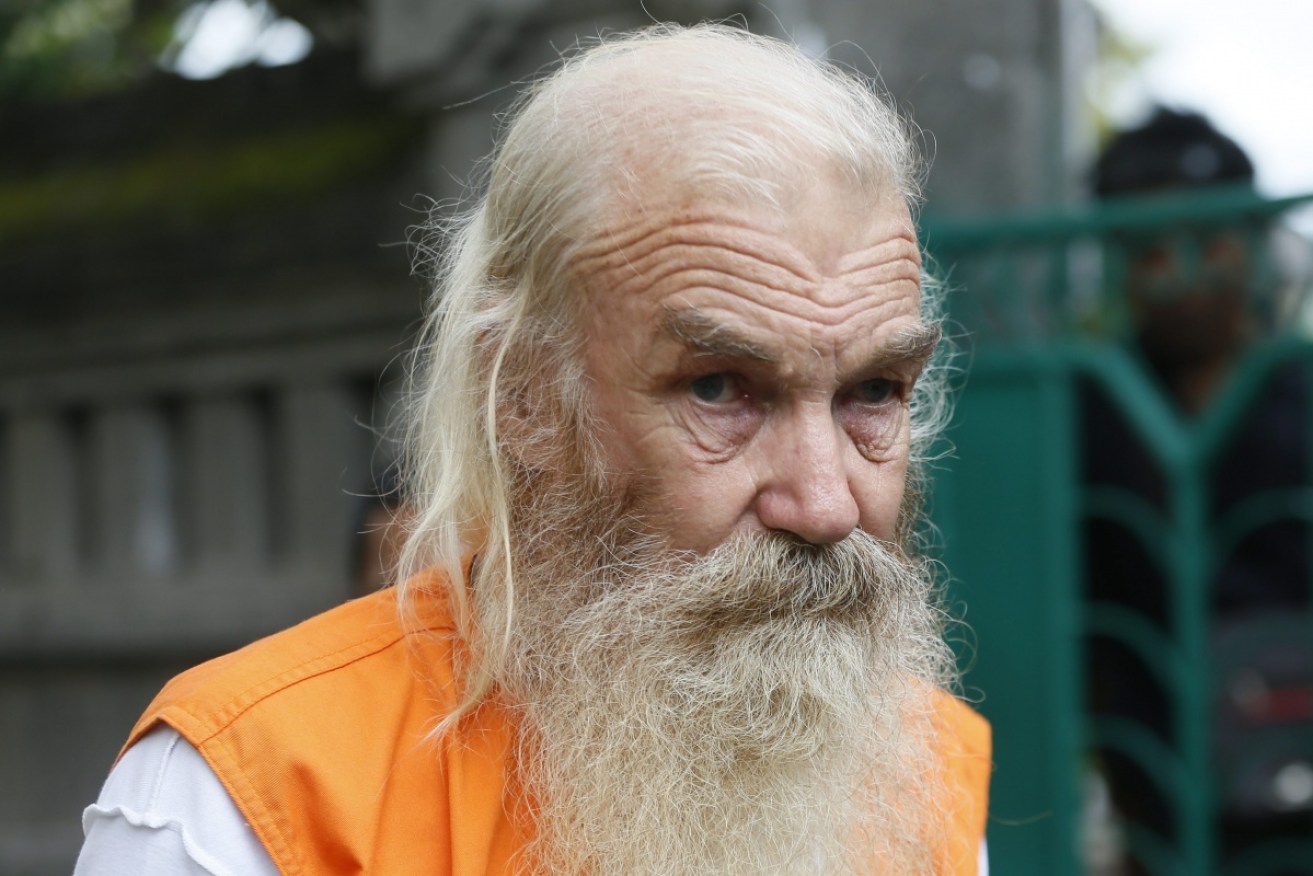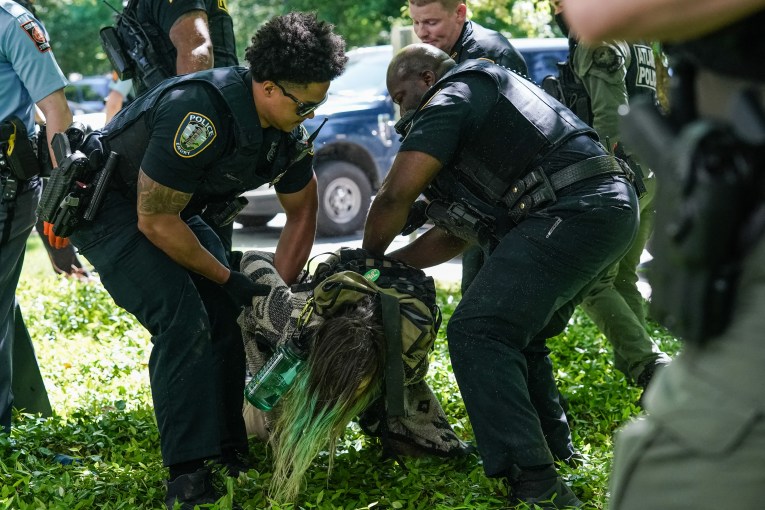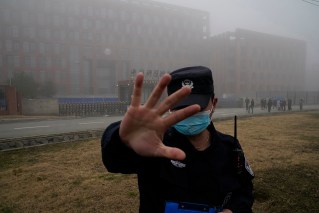Indonesia turns away five Australian sex offenders per month


Robert Ellis arrives for his trial in Denpasar, Bali. Photo: AAP
Indonesia remains a hot spot for Australian sex offenders, with the Australian Federal Police revealing more than one per week is turned away at the border.
The statistics come as 70-year-old Australian man Robert Ellis awaits sentencing for the molestation of 14 girls aged between seven and 17 from his rental property in Tabanan, Bali.
Ellis, who pleaded guilty to the charges, referred to the victims as “his friends” in talks with media on Wednesday, and claimed they would not want him locked up.

The popular tourist destination has been on the AFP’s radar for years. Photo: AAP
Back home in a recent Senate Estimates hearing, AFP Commissioner Andrew Colvin told politicians it was clear south-east Asia was still a popular ‘sex tourist’ destination.
“Unfortunately, Australia is a supplier of travelling sex offenders to the region,” he told senators.
However, Commissioner Colvin said the AFP’s collaboration with Indonesia under the Bali Process had successfully decreased the number of offenders attempting to fly to the country.
Five offenders sent back every month
Under Australian law, registered sex offenders intending on leaving the country are required to report to their state or territory, who are then required to notify the Australian Federal Police.
Since 2010, the AFP has been working in collaboration with Indonesian police to thwart sex offenders attempting to enter the country – claiming successful results.
In 2014, there were 255 instances of travel by Australian offenders, or 21 instances of travel per month.
That number halved to 10 per month last year, and halved again in 2016 to five per month.
Commissioner Colvin told the hearing a total of 161 Australian sex offenders have been refused entry into Indonesia since November 2014.
“Anecdotally, and from the statistics we have seen … the word is getting around and less [offenders] are travelling,” he said.
Those who do travel to Indonesia are immediately sent home on the advice of the AFP.
Commissioner Colvin called the waning numbers a “positive result”.
He said out of 900 recorded attempts to travel by Australian sex offenders last year, 41 per cent were heading to south-east Asia.

In a letter, Ellis said he was “not the kind of man who deserves” jail. Photo: AAP
“That is where we are focusing our efforts, although we do recognise it is an international issue,” Commissioner Colvin said.
When pressed, he named the Philippines – another country that has become notoriously tough on crime under new leader Rodrigo Duterte – as another destination the AFP was focussing its efforts on.
Sex offenders face chemical castration in Indonesia
In a move that echoes the general crackdown on crime in Indonesia, last week parliament finally passed laws which will allow judges to impose chemical castration and execution on convicted sex offenders.

Filipino President Rodrigo Duterte announced a crackdown on crime. Photo: AAP
It makes Indonesia the first south-east Asian country to pass the laws. Similar punishments exist in Russia, South Korea and some American states.
The harsher legislation was triggered in response to the brutal gang rape and murder of a 14-year-old Indonesian girl in Sumatra by 14 youths in April.
The boys were sentenced to 10 years’ jail – viewed by many Indonesians as too light a penalty.
Ellis, who is due to be sentenced on October 25, will not be eligible to be sentenced under the new laws.
Prosecutors recommended a sentence of 70 years for molesting young girls in return for clothing, bikes and (often small) sums of money.








